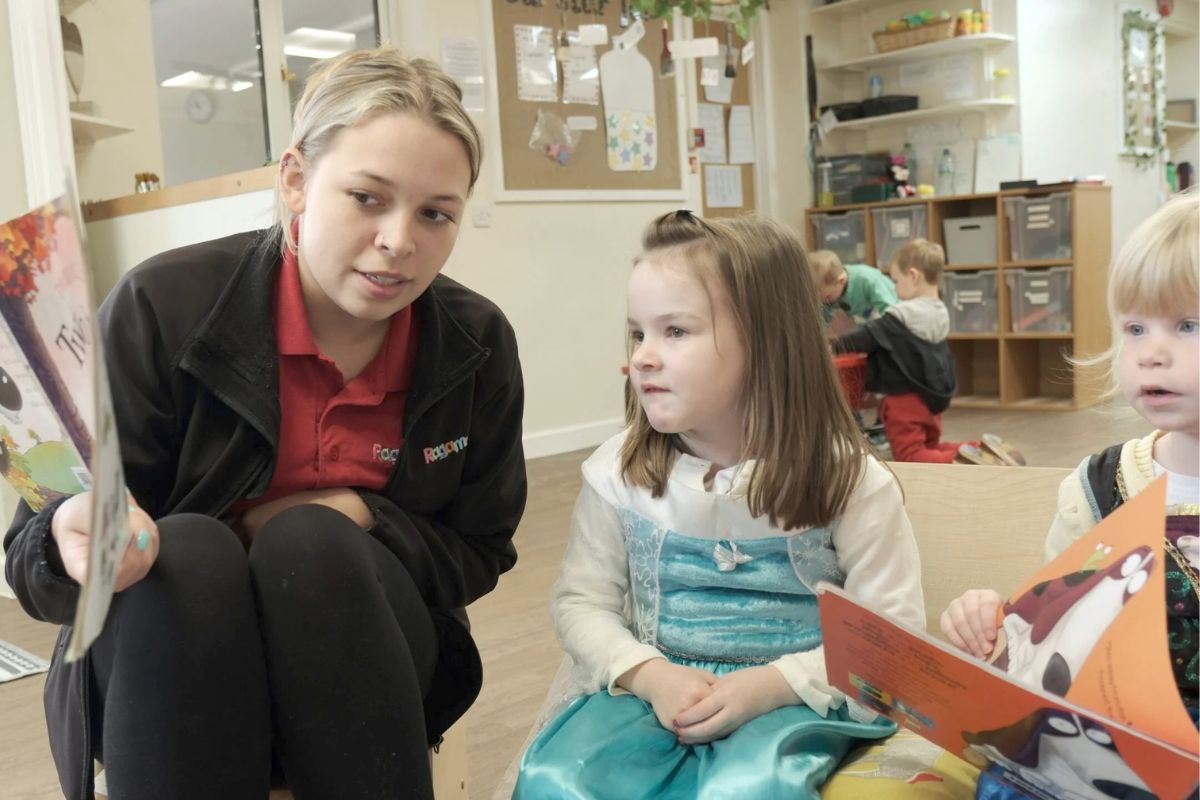Reborn on the 4th of July – can the UK Hospitality sector re-open safely in July?

The Hospitality sector has been one of the worst affected industries by the COVID-19 pandemic. The sector, which employs over 3.2 million people (10% of UK employment) and contributes 5% of GDP to the UK, has been completely grounded by lockdown and social distancing.
Brendan Moffett, Director of the Centre for Contemporary Hospitality and Tourism at the University of Derby, explores the ways the UK hospitality sector can begin to re-open during COVID-19:
As the UK government begins to ease restrictions, a great deal of lateral thinking and planning will be required to help the hospitality sector’s businesses open again.
The hospitality sector is more than just an ‘industry’; it is part of our culture and often the place where our communities come together. Re-opening hospitality will be the most visible manifestation of national recovery and it will provide significant logistical challenges.
The UK’s 47,000 pubs have been closed for business since 20th March and according to trade body the British Beer and Pub Association (BBPA), four out of ten establishments won’t survive past September without additional government support.
UKHospitality, the organisation that represents the wider hospitality sector, has called on the government to support a safe and sustainable reopening for restaurants, pubs and hotels this summer through its #Fair4Hospitality campaign.
The campaign focuses on four key themes:
- Wellbeing: Endorse the sector’s best-practice protocols and risk assessments for a Covid-secure restart
- Workers: Ensure the furlough scheme is retained at full rate for hospitality until businesses successfully restart
- Communities: Regulate to provide a ‘National Time Out’ on rent payments for the remainder of the year and a solution to address debt and costs for business
- Consumers: Cut the rate of VAT for hospitality businesses to help boost spend.
Will there be a relaxation of the 2m social distancing rule?
Although the commercial case for shorter distancing may be compelling, more evidence from the World Health Organisation and UK government will be needed before further relaxation of current guidelines takes place.
Many businesses are currently planning how best to implement the guidelines and to understand what a reduced capacity would look like financially. The BBPA believes only a third of all pubs will reopen using the 2m rule, reporting that internal capacities will be slashed by up to 75 per cent. “A one-metre rule however would mean more than three-quarters of pubs can reopen,” says BBPA Chief Executive Emma McClarkin, who has helped draft the new industry guidance now submitted to the government.
Outdoor opportunities and planning
To counter the challenge of reduced internal capacities, Vilnius – the capital of Lithuania –has emerged as a post-lockdown trailblazer with its ‘open air café’ concept. Under the rules in Lithuania, outdoor cafés are only allowed to operate if they ensure a one-metre distance to pedestrian ways and a two-metre distance between customers sitting at different tables. According to the Mayor of Vilnius, Remigijus Šimašius, around 200 cafés, bars and restaurants have applied to set up outdoor seating in public places and the city has said that more space could be made available if necessary.
Leading figures in the UK hospitality sector are urging government and local authorities to introduce measures such as temporary pedestrianisation, use of public squares and places by easing regulations and by granting licence extensions across the summer months.
Liverpool has moved quickly and is reported to be investing circa £450k to help redesign the city’s outdoor spaces.
In London, groups of businesses in Soho, South Bank and Granary Square – Kings Cross are collaborating on solutions to support the #UKgrandoutdoorcafe campaign.
Will technology play a part?
Major chains like Wetherspoons and Greene King already have their own established table service apps and these will be key to unlocking the two-metre problem from July 4. To support independent businesses unable to develop bespoke technologies, the BBPA has proposed the atlacarte platform. Tailored to the hospitality sector, the app can be white-labelled, meaning pubs can utilise its slot-booking technology under their own branding. Repeated orders would then be made on the app, minimising the need for bar service and queuing; customers would need to download the app ahead of their visit.
Summer bounce back?
The summer is a crucial trading period for the sector and the potential to trade from July 4 is an opportunity for the survival of many businesses. The challenge now is to ensure the UK can provide the public with safe eating and drinking out experiences again. The support of government and local authorities will be critical in enabling a safe return and give a welcome boost to the nation’s wellbeing and kick-start the economic recovery.
Brendan Moffett, Director of the Centre for Contemporary Hospitality and Tourism at the University of Derby
This Thursday (June 4), the University of Derby will be holding a conference about the re-opening of the hospitality sector post lockdown.











Responses